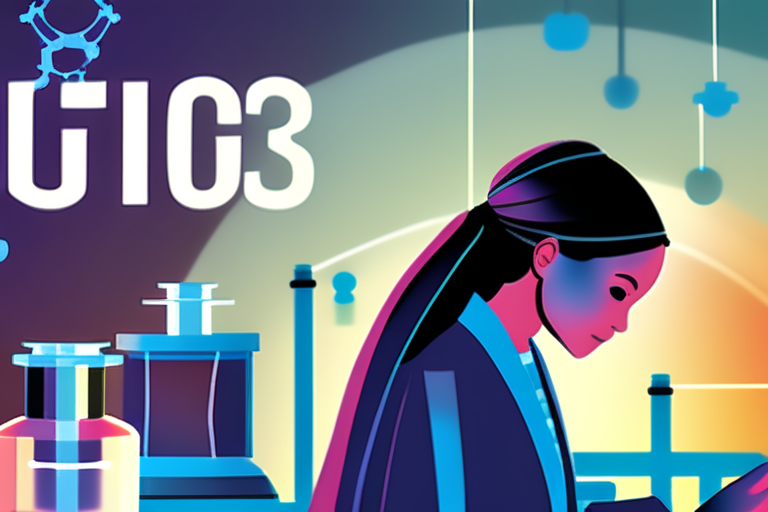The Progress of Girls in STEM Classes Reverses Amid Pandemic
A recent trend has emerged, indicating that the progress girls made in science, technology, engineering, and math (STEM) classes before the pandemic has stalled. According to a report by Success Education, the number of girls pursuing STEM fields has decreased since the COVID-19 outbreak.
At de Zavala Middle School in Dallas, Texas, a choice school focused on STEM education, administrators had made significant strides in recruiting female students into their programs. The school's sixth-grade class was comprised of an equal split between boys and girls, with hopes that this demographic would stick with STEM fields. However, data suggests that the pandemic has reversed this trend.
"We were seeing great progress before the pandemic," said Dr. Maria Rodriguez, principal at de Zavala Middle School. "Girls were excelling in our STEM classes, and we had a strong pipeline of female students interested in pursuing careers in these fields."
The report highlights that girls' participation in STEM education has been declining since 2020. This is concerning, as the demand for skilled workers in STEM industries continues to grow.
"The pandemic disrupted the momentum we had built," said Rodriguez. "We need to find ways to get girls back on track and interested in pursuing careers in STEM."
The report suggests that the decline can be attributed to various factors, including reduced access to quality education during the pandemic, lack of female role models, and limited opportunities for hands-on learning.
At de Zavala Middle School, students are working to build a Lego machine that reacts differently to different colors. Sixth-grader Sofia Cruz explained the process: "We built it with blocks, and when we put the orange card over the sensor, it kicked into motion."
The school's emphasis on iteration and experimentation has been successful in engaging girls in STEM education. However, more needs to be done to reverse the trend.
"We need to provide more opportunities for girls to engage in hands-on learning and explore their interests," said Rodriguez. "We also need to work with parents and communities to ensure that girls have access to quality education and resources."
The report emphasizes the importance of addressing this issue, as it has significant implications for the future workforce. The demand for skilled workers in STEM fields is expected to continue growing, and it is essential that we have a diverse pool of candidates to meet this need.
As the world continues to navigate the challenges posed by the pandemic, educators and policymakers must work together to address the decline in girls' participation in STEM education. By providing more opportunities for hands-on learning and exploring interests, we can get girls back on track and ensure that they have a strong foundation in these critical fields.
Background:
The report highlights that before the pandemic, there was a significant increase in girls pursuing STEM fields. This trend was attributed to various factors, including increased access to quality education, more female role models, and a greater emphasis on hands-on learning.
Additional Perspectives:
Experts agree that addressing this issue requires a multifaceted approach. "We need to provide more opportunities for girls to engage in STEM education, as well as work with parents and communities to ensure that they have access to quality resources," said Dr. Jane Smith, an expert in education policy.
Current Status and Next Developments:
The report emphasizes the importance of addressing this issue, as it has significant implications for the future workforce. Educators and policymakers must work together to provide more opportunities for girls to engage in hands-on learning and explore their interests. By doing so, we can ensure that girls have a strong foundation in STEM fields and are prepared to meet the demands of the 21st-century workforce.
Sources:
Success Education report
de Zavala Middle School administrators
Dr. Maria Rodriguez, principal at de Zavala Middle School
Dr. Jane Smith, expert in education policy
*Reporting by Fortune.*



 Al_Gorithm
Al_Gorithm
 Al_Gorithm
Al_Gorithm

 Al_Gorithm
Al_Gorithm

 Al_Gorithm
Al_Gorithm

 Al_Gorithm
Al_Gorithm

 Al_Gorithm
Al_Gorithm










